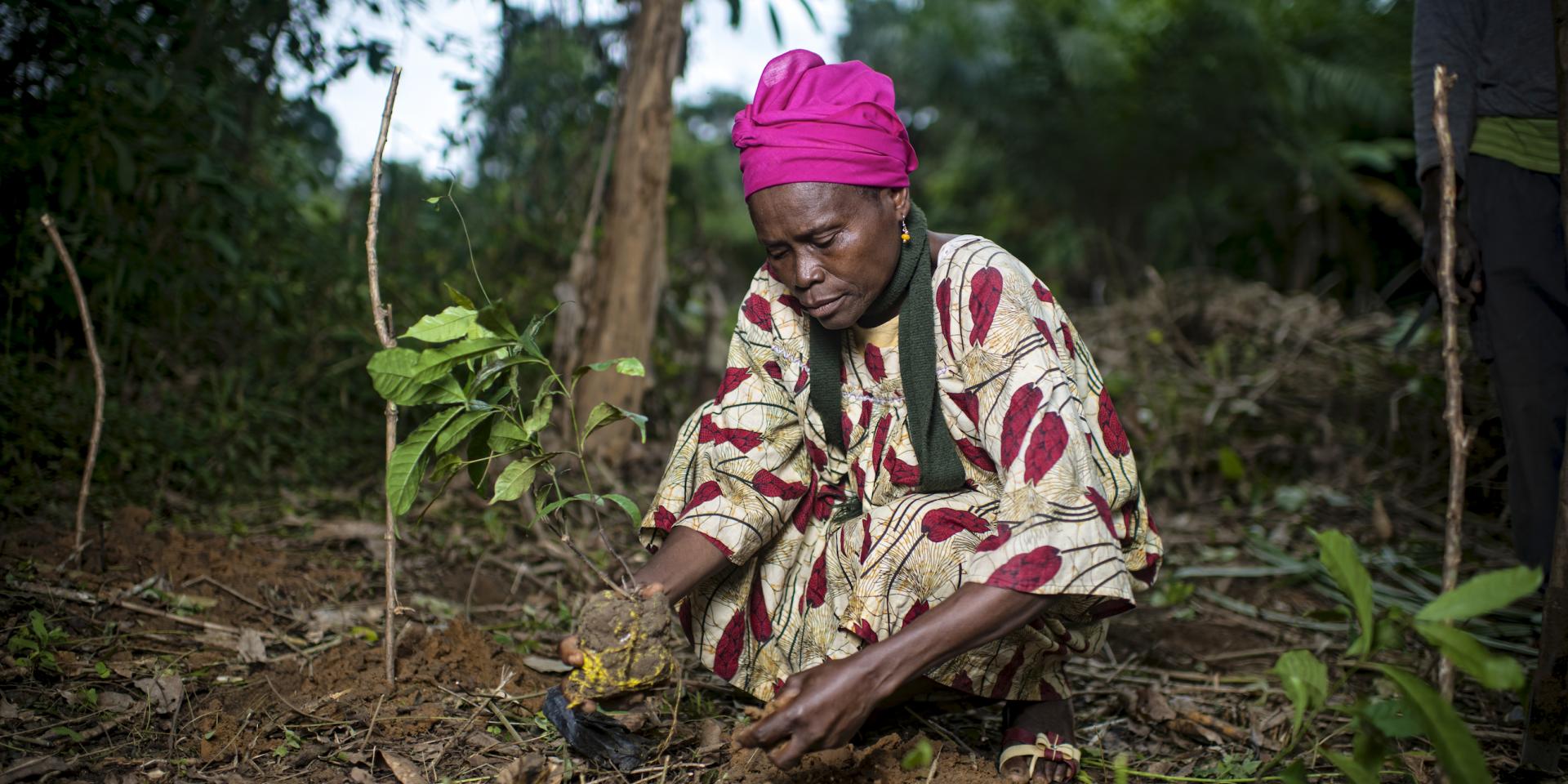Report
Work package 3: Inclusive landscape management: Pathways for scaling land and water innovations for resilient agri-food systems
Dossou-Yovo E.R. Akpoffo, M., Kouadio, A.K. and Yeo, A. 2022. Inclusive landscape management: Pathways for scaling land and water innovations for resilient agri-food systems: Report of activities, Bouake, Cote d'Ivoire, June-December 2022. Abidjan, Côte d’Ivoire: AfricaRice.
